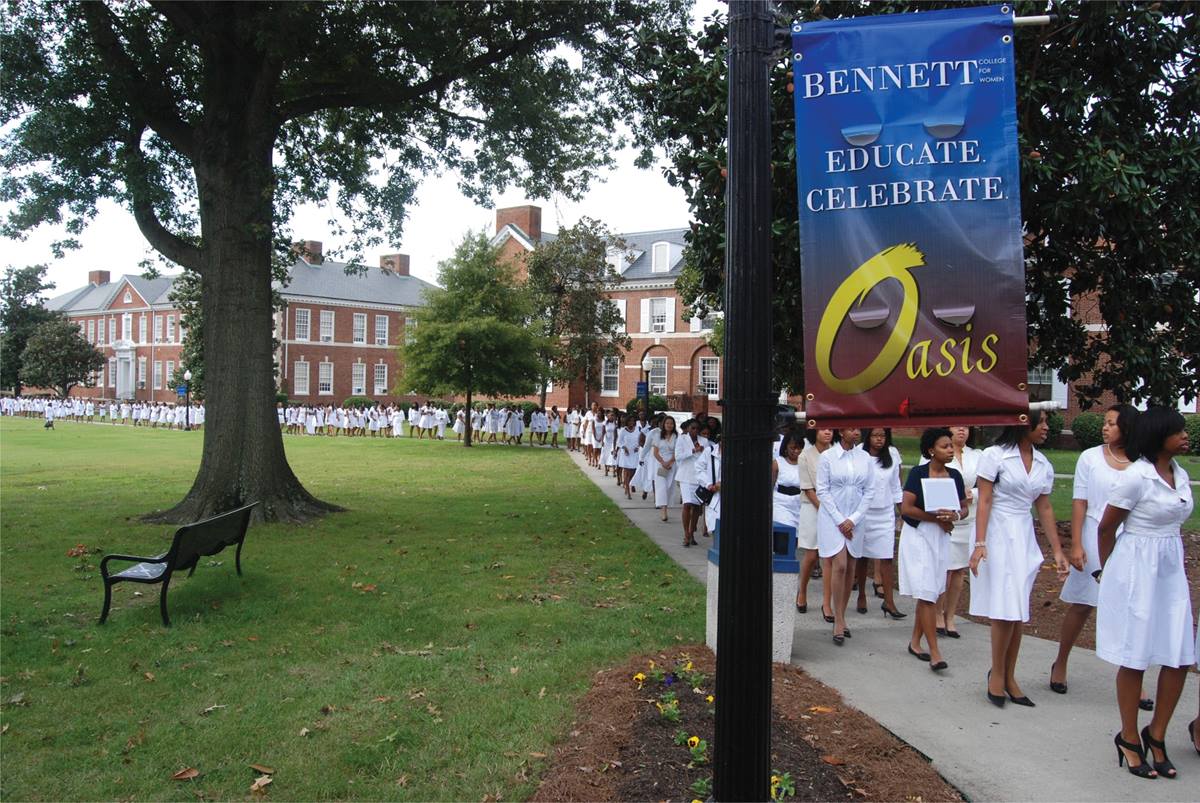Graduation season is usually accompanied by receiving congratulatory gifts and the big question of what’s next.
Well, nearly 500 women at North Carolina’s Bennett College got an answer for the future in the form of a gift. Debt Collective, a union of debtors rallying against consumer debt, contacted the president of the HBCU and offered to clear the debt for the current graduating class.
The Right Email Came Through
According to USA Today, Bennett College President Suzanne Walsh ignored the initial email for the group. She was skeptical about such a request, thinking no one would simply reach out and cover such a lump sum.
However, the correspondence to Walsh was not a scam. When the Debt Collective and Bennett College officials finally spoke, the group negotiated to pay for $1.7 million in unpaid student balances.
Officially canceling the debt for these women means they no longer have a student balance and now have full access to postgraduate records.
Based on a statement by Braxton Brewington, spokesperson for the Debt Collective, they chose Bennet College because data indicated that Black women have higher student loan balances than any other group of student loan borrowers. However, the eliminated balances only include direct debt owed to the school and not federal student loan balances.
“These are the people that are really taking the brunt of the student debt crisis,” Brewington said to USA Today.
The Real Solution Requires More
Clearing debt at Bennett College comes when many activists and groups (including the Debt Collective) are pushing President Joe Biden to cancel all federal student loan debt. During the current president’s campaign, one of his promises was to eliminate up to $10,000 in debt per borrower. Additionally, he supported the idea and policy proposal to eliminate the federal student loan debt of middle and low-income HBCU students.
Groups like the Debt Collective believe student loan debt does not have to be a barrier for students, past and present. As the pandemic made headway, student loan payments were paused. Some suggest that this move was an indicator for many that cancellation is achievable and would not have a substantial economic impact.
The Debt Collective believes its work is not the solution but an example of what is possible.
“We are shouting from the rooftops that this is something the government should be doing, not a group of activists from Occupy Wall Street,” Brewington said to USA Today.

















